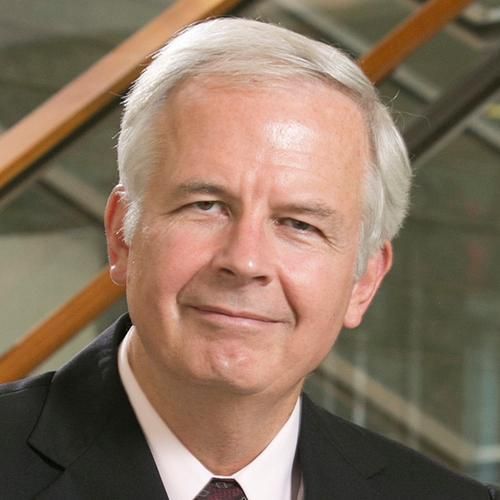
Increased yield of endothelial cells from peripheral blood for cell therapies and tissue engineering.
Peripheral blood-derived endothelial cells (pBD-ECs) are an attractive tool for cell therapies and tissue engineering, but have been limited by their low isolation yield. We increase pBD-EC yield via administration of the chemokine receptor type 4 antagonist AMD3100, as well as via a diluted whole blood incubation (DWBI).Porcine pBD-ECs were isolated using AMD3100 and DWBI and tested for EC markers, acetylated LDL uptake, growth kinetics, metabolic activity, flow-mediated nitric oxide production and seeded onto titanium tubes implanted into vessels of pigs.DWBI increased the yield of porcine pBD-ECs 6.6-fold, and AMD3100 increased the yield 4.5-fold. AMD3100-mobilized ECs were phenotypically indistinguishable from nonmobilized ECs. In porcine implants, the cells expressed endothelial nitric oxide synthase, reduced thrombin-antithrombin complex systemically and prevented thrombosis.Administration of AMD3100 and the DWBI method both increase pBD-EC yield.
Duke Scholars
Published In
DOI
EISSN
ISSN
Publication Date
Volume
Issue
Start / End Page
Related Subject Headings
- Vena Cava, Inferior
- Transplantation, Autologous
- Tissue Engineering
- Sus scrofa
- Stress, Mechanical
- Rheology
- Models, Animal
- Heterocyclic Compounds
- Flow Cytometry
- Endothelial Cells
Citation

Published In
DOI
EISSN
ISSN
Publication Date
Volume
Issue
Start / End Page
Related Subject Headings
- Vena Cava, Inferior
- Transplantation, Autologous
- Tissue Engineering
- Sus scrofa
- Stress, Mechanical
- Rheology
- Models, Animal
- Heterocyclic Compounds
- Flow Cytometry
- Endothelial Cells

